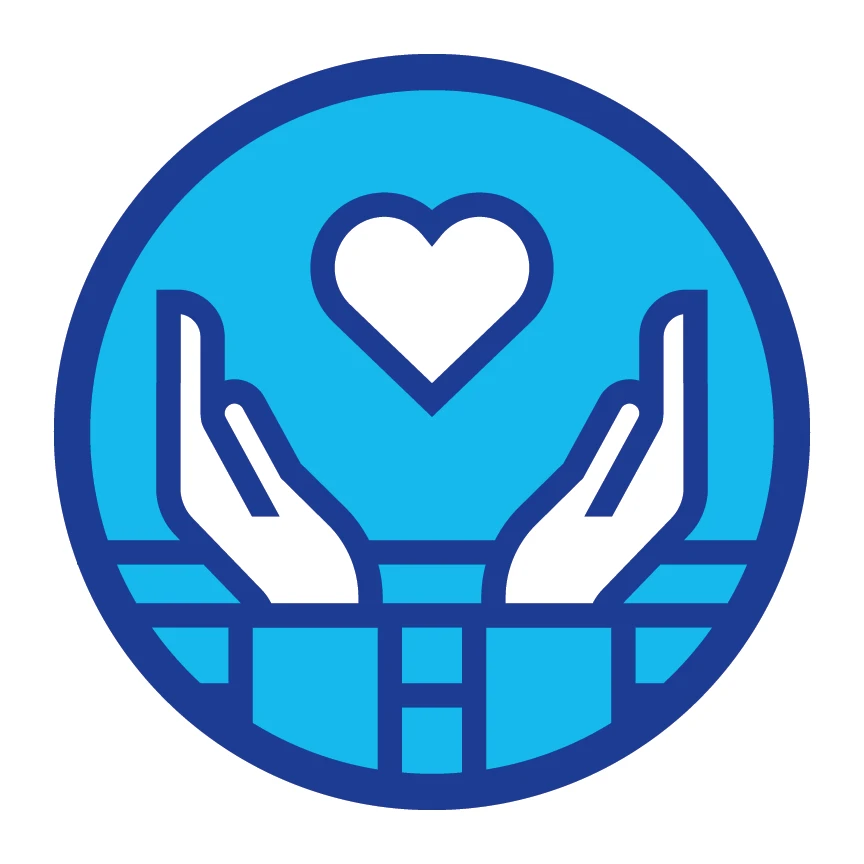
On Sept. 30, 2022, a bill was introduced in the U.S. House of Representatives that would dramatically increase the availability of grief support services to help Americans deal with the mental and physical ramifications of unaddressed grief. I am writing to urge Rep. Jim Banks, R-Ind., and his House and Senate counterparts to support this vital aid for those who are suffering.
Through the Peggy F. Murphy Community Grief Center, a service of Stillwater Hospice, we see daily the benefits of supporting those trying to cope with the death of a loved one. In 2021, we provided more than 2,100 individual counseling sessions to a wide variety of people grieving the death of a loved one, an increase of 19 percent over 2020. With additional funding made available through the Grief Resilience Investment and Education Fund (GRIEF) Act, the country can begin to work on its collective grief that has been complicated by COVID and other health crises. This bill would establish a federal grant program to fund bereavement care outside of the Medicare hospice benefit, to families and individuals impacted by death. The $150 million bill would also fund training for bereavement care providers, a public information campaign, and research into complicated and prolonged grief.
In recent years, we’ve seen a crisis of grief throughout the region. The Peggy F. Murphy Community Grief Center, located on the Stillwater Hospice campus in Fort Wayne, is the region’s only freestanding facility devoted to helping bereaved adults. We provide individual counseling and group grief support, and since 2010, we have seen an increase of 286 percent in those seeking grief support services. Thanks to the generosity of the community, all of our grief services are provided at no charge. Funding from this new legislation would enable us to provide more services to the community.
Hospice involvement is not required to receive grief support from the counselors at the Community Grief Center; in fact, for every one hospice-related client, we see two people from the community who may have lost a loved one to an accident, sudden death, suicide, homicide or overdose. The types of grief we encounter are complex, and our trained grief counselors continually educate themselves on the latest in mental health and grief support education. Our goal, supported by grants and other donations, is to provide a quality grief and loss education program for our families and the community at large. We provide educational webinars, workshops, retreats and more to support the community. When COVID-19 struck we quickly transformed our face-to-face counseling to phone counseling and then to a telehealth platform. We also provided a series of webinars about grief during the pandemic that were viewed nationwide. Currently, we are analyzing a grief needs assessment survey of the community to ensure we are meeting the needs of the bereaved in our region.
More and more, society has become grief avoidant, meaning that there are numerous misconceptions and expectations put on the mourning public. The trauma of loss affects an individual’s life emotionally, physically, socially, cognitively, and spiritually. The bereaved person benefits from specific education and guidance in all of these areas to gain a better understanding of the natural process of grief. A common complaint is the feeling of isolation. Support and companioning of the bereaved has proved to be essential in their healing process.
In addition, in recent years, we have seen an increase in complicated grief. Those who have lost a loved one due to overdose, suicide or homicide may feel conflicted about how their loved one died. Normal mourning traditions have been upended by the pandemic. Unresolved grief often manifests in physical symptoms, which can increase demands on the health care system. Physical manifestations of grief can include nausea, higher blood pressure, depression, suicidal thoughts or actions, substance abuse, increased inflammation and increased vulnerability to infections of all kinds. Those who find healthy ways to address their grief report a higher sense of well-being and are better able to move forward.
Funding from the GRIEF Act would support centers like the Peggy F. Murphy Community Grief Center, allowing more people to access the vital mental health counseling that will help them move forward after a loss. We call on voters to encourage Rep. Jim Banks and his counterparts in Congress to pass this crucial legislation to help ease suffering in our community.


